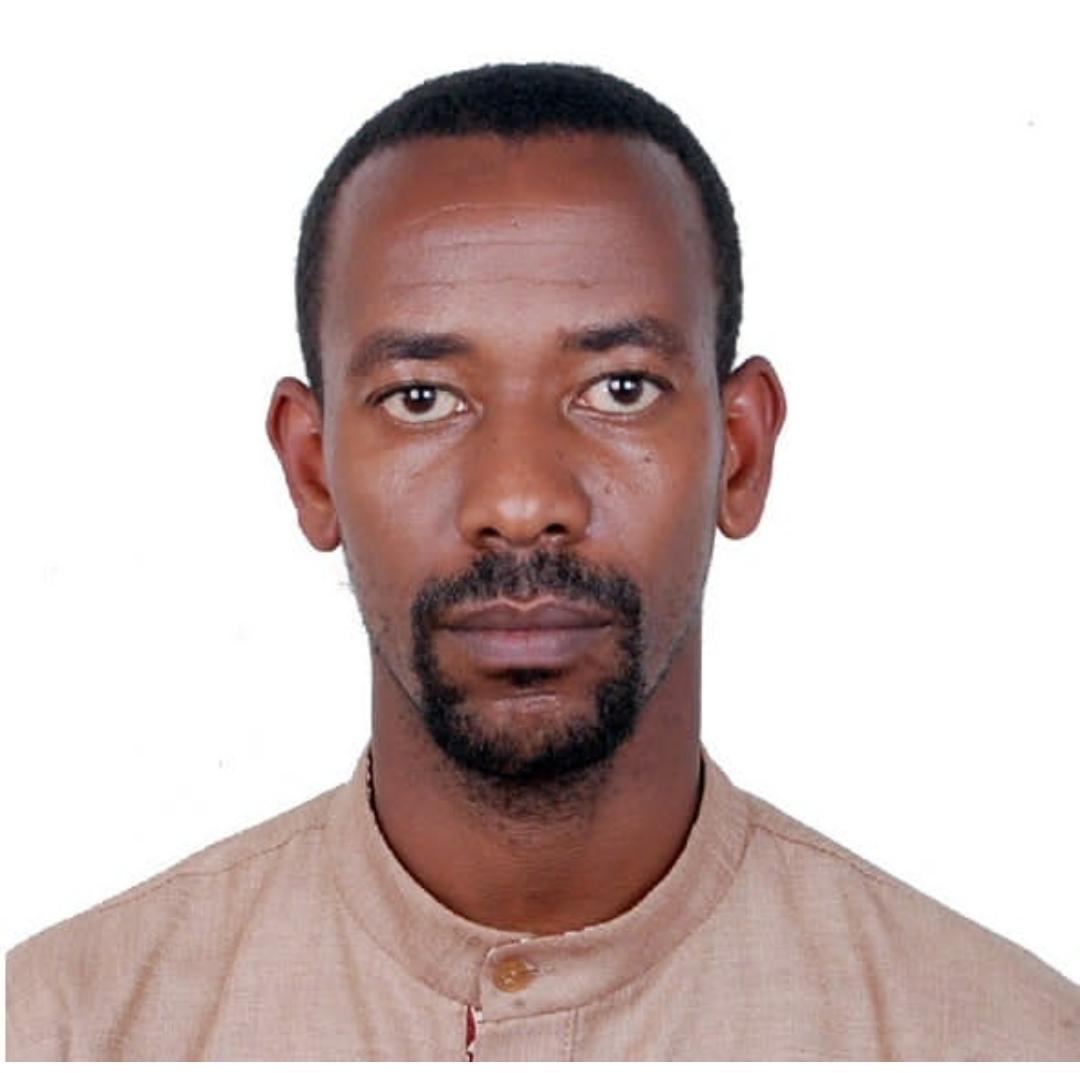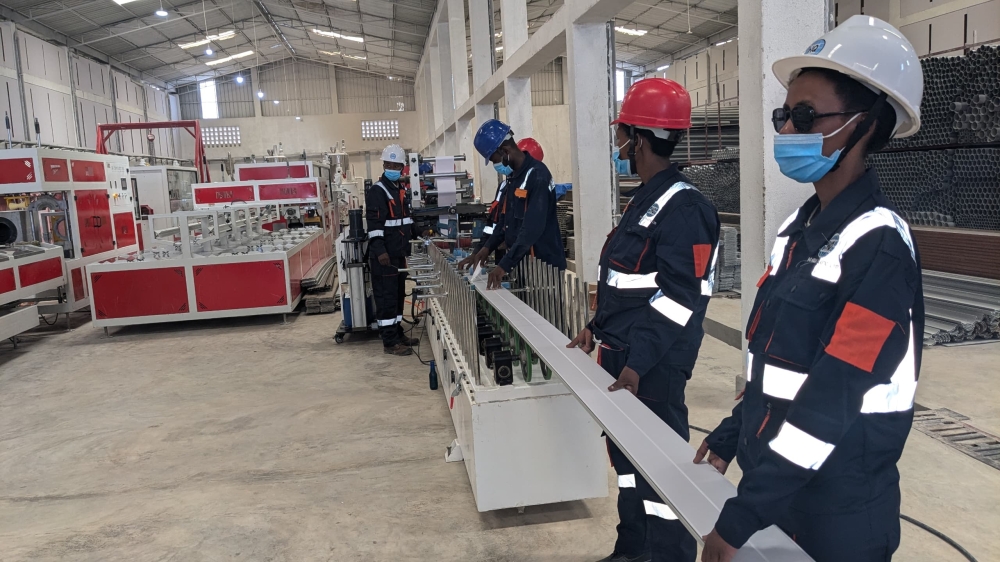Members of Parliament (MPs) from the Great Lakes region have resolved to deploy peace observers to monitor peace efforts in the region.


Members of Parliament (MPs) from the Great Lakes region have resolved to deploy peace observers to monitor peace efforts in the region.
The decision was made at the end of a two-day Seventh Ordinary Session of the Executive Committee of the Forum of Parliaments for the International Conference on the Great Lakes Region (FP-ICGLR) in Kigali this week.
"The Executive Committee plans, within the framework of the parliamentary diplomacy, to deploy observation missions in member states of the ICGLR where both political and security situations constitute a threat against peace and security in the entire Great Lakes Region,” the MPs resolved in a communiqué read out by the Secretary General of the Forum, Prosper Higiro.
The main concerns raised during the meeting were the security situation in the eastern DR Congo, Sudan, South Sudan, and the Central African Republic.
Earlier at its opening session, the meeting which started on Wednesday, called on rival parties in the DR Congo to stop hostilities and give priority to the Kampala peace talks.
Recent fighting between M23 rebels and the Congolese army, allegedly backed by FDLR militia, have seen thousands of refugees cross into Rwanda over the last few days.
A high-level meeting at the United Nations headquarters in the New York on Thursday examined the progress towards implementing a broad peace deal for Congo and the region, and urged signatories and guarantors to come through on their respective commitments under the agreement, described by some as "The Framework of Home’.
The regional lawmakers also called on the 12 member states of the ICGLR (DRC and all its neighbours), the African Union, and the UN to support the government of the Central African Republic in its efforts to restore peace and security, restore the authority of the State on the entire national territory, alleviate the suffering of civilians, and bring an end to violation of human rights. Violence erupted in CAR in December 2012 when the Séléka rebels launched attacks on the country’s capital before taking power.
On January 11, now-deposed President François Bozizé and representatives of the Seleka rebels signed an agreement in Libreville, Gabon, after three days of negotiations brokered by regional neighbours.
However, the deal collapsed, and Michel Djotodia, leading thousands of Seleka rebels, captured Bangui and proclaimed himself President on March 24, forcing Bozizé into exile.




